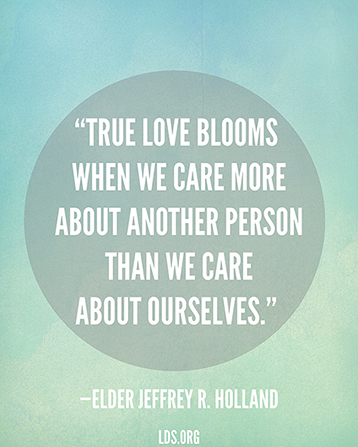One of the biggest challenges that couples face in their
marriage is how they handle their finances together- for good or for ill. It
has been said that money is the “root of all evil”, and in many situations it
has been found to be the root of all marital problems! Okay, maybe not ALL
marital problems. And maybe it isn’t always the money’s fault, but when you are
looking for someone or something to blame, there it is—cold, hard cash, and the
heavy stresses from sinking deeper in DEBT. The struggle to pay the monthly
bills, the pressure that comes from wondering where the rest of their money has
gone brings many couples to the breaking point. This and other contributing
factors can lead to frustration, arguments, and problems within a marriage—but
there is hope. By understanding different transitions that a couple will
experience throughout their life and marriage and preparing for those expenses,
a husband and wife can work together and navigate their financial route safely.
Plus, it will also be helpful to A) stop spending more money than a family
makes B) save for a rainy day (or other money emergency), and C) be wise when
it comes to expenditures.

I have shared before how unique and different each marriage
is because of the unique and different combination of husband and wife. Their
different perspectives regarding finances can also be influenced depending on what
each family taught (or didn’t) in regards to money management. Adding this all
together, the variables and personalities and all the differences we have, can
often lead to a clash of the clans—a power struggle if you will when it comes
to bills, expenses, and how budgeting is looked at. My husband came from a
humble family that didn’t have extra money to spend on anything outside of the
necessities. Finances were very tight and his Dad was very strict about what
they could and could not buy. Despite what he was raised with, my husband
appears to be on the opposite spectrum. If there is something that he wants, he
buys because “he needs it”—which isn’t true. I also felt like I grew up in a
home that didn’t spend a lot of money, but we went on family vacations every
year, out to dinner, ordered pizza, went bowling, and rented movies for fun. I
also understood the thrill of waiting—not getting a present or gift just
because I wanted it, but only on special occasions like Christmas or when it
was my birthday. I have become frustrated with the spending habits of my
husband when packages appear on our doorstep and there isn’t a holiday or
birthday even close to happening.










